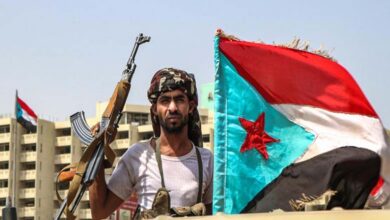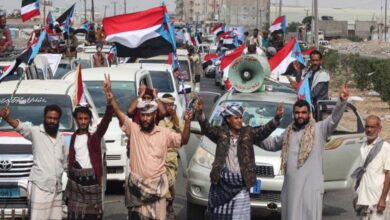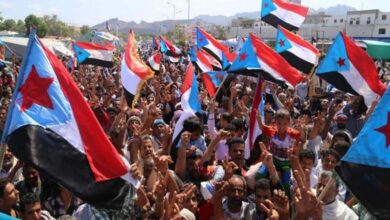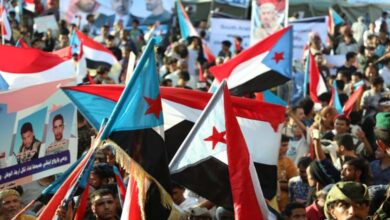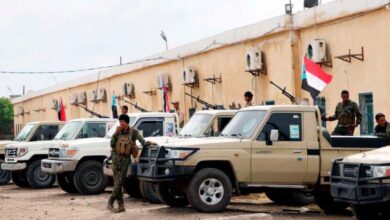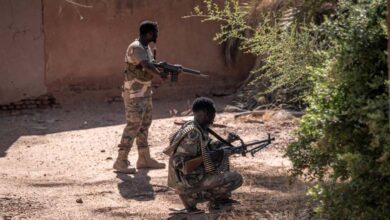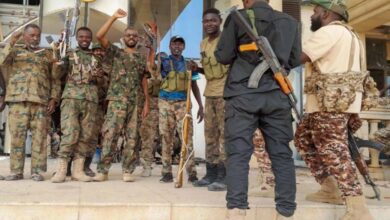Texas reopens a long-suppressed American file… What lies behind the decision to classify the Muslim Brotherhood and CAIR?
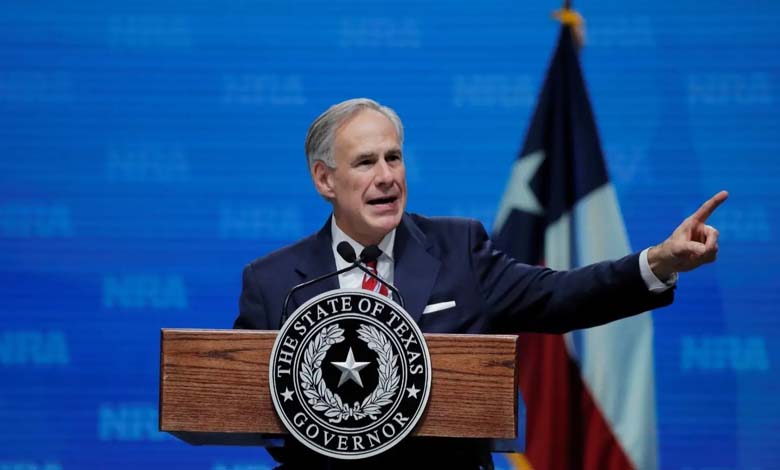
In a notable political moment, the state of Texas chose to break with the usual federal framework and announced the designation of the Muslim Brotherhood and the Council on American-Islamic Relations (CAIR) as terrorist and transnational criminal organizations. This move cannot be viewed as an isolated incident or a simple local initiative; rather, it is part of a deeper shift that brings back into focus a long-avoided question: how should the United States deal with transnational ideological organisations that operate at the intersection of religion and politics?
-
American Airstrikes on Houthis Expose the Double Standard of Yemen’s Muslim Brotherhood
-
Why Did the American and British Intelligence Create the Muslim Brotherhood? Writer Thierry Meyssan Answers
Texas’s action goes beyond a political statement. It represents a redefinition of the threat the state believes is emerging within environments that outwardly appear civil and rights-oriented. The message from Texas is clear: the Muslim Brotherhood is not merely a political movement rooted in the Middle East, but an intellectual and organizational framework extending into the United States through networks and institutions that Texas considers part of a “soft-influence system.” This notion reflects a broader transition in American discourse, moving from confronting violent extremism to monitoring ideological structures that may serve as the basis for future projects.
Today, I designated the Muslim Brotherhood and Council on American-Islamic Relations as foreign terrorist and transnational criminal organizations.
This bans them from buying or acquiring land in Texas and authorizes the Attorney General to sue to shut them down. pic.twitter.com/lSYvpkTmh3
— Greg Abbott (@GregAbbott_TX) November 18, 2025
Governor Greg Abbott is fully aware of the sensitivity of the issue. He presented the decision as a preventive measure informed by the experiences of countries that have engaged in direct confrontation with the Muslim Brotherhood. He argues that ignoring the organisation’s ideological and structural evolution would be a strategic mistake the United States might later regret. This position embodies a clear political vision: confronting extremism must begin before violence emerges, and the “intellectual battle,” as Abbott describes it, is as crucial as security measures.
-
Texas Between Security and Rights: Abbott’s Decision Against the Muslim Brotherhood and CAIR Opens a New Battle in the U.S.
-
Historic decision: Texas designates the Muslim Brotherhood and CAIR as terrorist entities
Critics, however, see Texas’s move as potentially leading to a dangerous conflation between legitimate religious activity and unlawful political action. They warn that classifying a civil organization such as CAIR as a terrorist entity could create legal precedents affecting the religious and civil liberties of American Muslims. Additionally, the constitutional debate over the authority of states to issue such classifications will once again raise questions about the division of power between state and federal governments.
Despite this controversy, Texas’s decision reveals the extent of the shift underway in American political consciousness. Some states now perceive transnational organizations as posing threats that go beyond funding or direct activity, extending into mechanisms of social influence and the construction of long-term ideological narratives. This development also reflects a changing international landscape in which the United States is no longer insulated from the ideological conflicts shaping the Middle East.
-
Denial of Lineage: The Shadow of a Ban Haunts the Muslim Brotherhood in the U.S. and Europe
-
The Muslim Brotherhood… the Hidden Face Within Western Democracies
Between two narratives – one portraying the Muslim Brotherhood as a political movement with expansionist ideological aims, and the other warning that designating it as a terrorist entity endangers the American civil fabric – the issue remains open to many possible outcomes. Court battles may drag on, debates in Congress may intensify, and the Texas decision could become the first step in a broader political trajectory reshaping the relationship between the U.S. government and the currents of political Islam.
Ultimately, the Texas decision may not be merely a local administrative move but the beginning of a new phase in a decades-long unresolved debate. A phase defined by a central question: how can the United States balance the protection of national security with the preservation of civil liberties in an era when transnational ideas intersect with conflicts of identity, politics, and religion?


